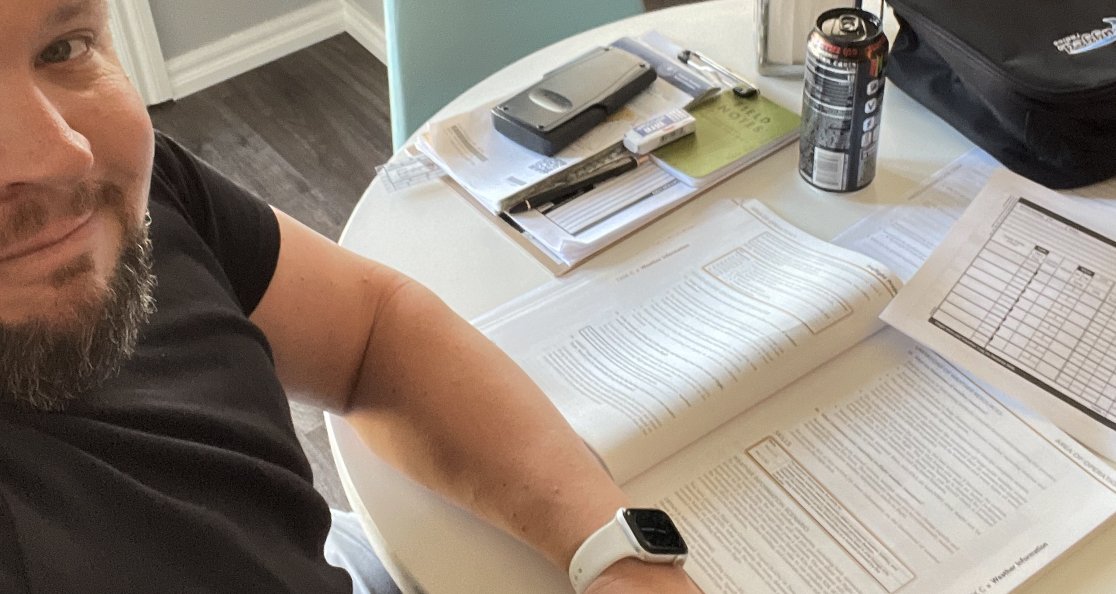In the fast-paced world of the internet, speed matters. Users expect websites to load quickly, and search engines prioritize sites that deliver a fast, seamless experience. If your site is slow, you’re losing visitors, damaging your rankings, and potentially leaving money on the table.
At Rudder Digital, one of the most common issues we uncover during a website audit is poor load performance. Here's why website speed is so important—and what you can do to fix it.
Why Speed Matters for User Experience
When someone visits your site, they expect it to load in under 3 seconds. Anything longer, and you risk losing them. Slow sites frustrate users, especially on mobile, where attention spans are even shorter.
A sluggish website can result in:
- Higher bounce rates
- Lower time on site
- Fewer conversions (form fills, purchases, calls)
- Negative first impressions
First-time visitors often associate speed with professionalism and trust. If your site lags, it sends the wrong message.
Speed is a Ranking Factor
Google has made it clear that speed impacts your search engine ranking. Page experience signals—including Core Web Vitals—measure how quickly content loads, how stable the layout is, and how responsive the site feels.
In short: faster websites get rewarded with better rankings. Slower sites get buried.
Optimizing your website for speed isn’t just a technical tweak—it’s an SEO strategy.
What’s Slowing Your Site Down?
Several common issues contribute to slow load times:
- Uncompressed or oversized images
- Too many plugins or scripts
- Poor hosting environments
- Bloated themes or code
- No caching or minification
During a Rudder Digital audit, we use tools like Google PageSpeed Insights and Lighthouse to identify specific areas where your site is underperforming—and recommend fixes tailored to your platform.
Why a Website Audit is the First Step
If you're not sure how your site is performing, a speed-focused website audit is the best place to start. Rudder Digital provides a detailed, human-reviewed audit that highlights speed issues, SEO gaps, accessibility concerns, and user experience friction points.
With clear insights and actionable steps, we help you go from sluggish to streamlined.
Website speed isn't optional—it’s a critical piece of your user experience and your SEO strategy. Whether you're running a local business, a school, or an online shop, a faster website leads to better engagement, higher rankings, and more trust.
Want to know how your site is performing? Contact us and discover how to turn speed into a competitive advantage.


